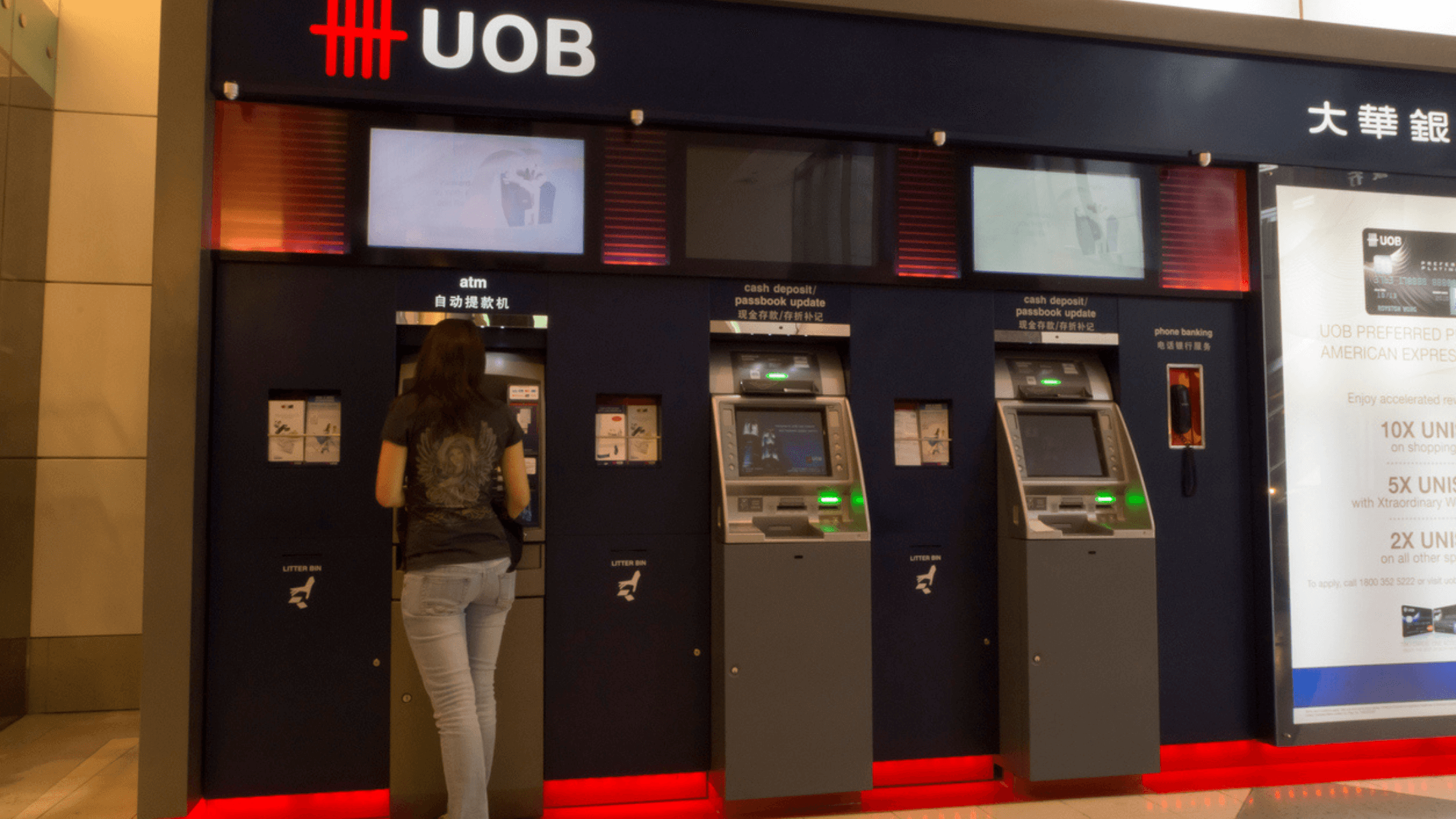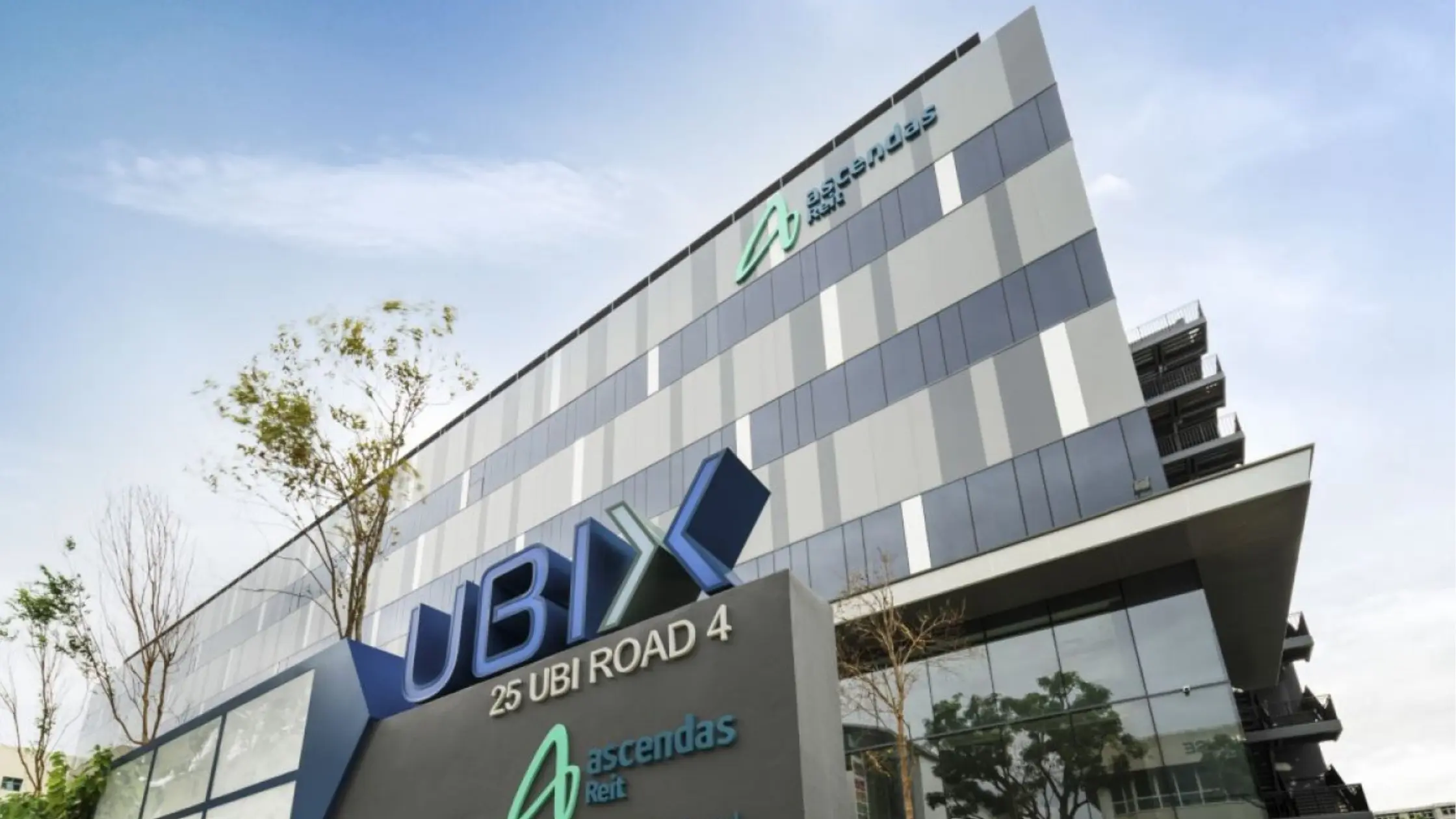Large Singapore bank United Overseas Bank Ltd (SGX: U11), or UOB for short, just reported a record Q3 FY2022 net profit of S$1.4 billion. That equated to an increase of 34% year-on-year (yoy).
The improvement was driven mainly by strong net interest income (NII), higher customer-related treasury income and lower credit allowance.
I wrote that investors should buy Singapore banking stocks to build a resilient portfolio amid the rising interest rate environment recently and I believe the strong earnings continue to support this rationale.
Here’s a look at the highlights from UOB’s latest Q3 2022 earnings.
1. Net interest margin expansion boost earnings
Net interest margin (NIM) expanded by 28 basis points (bps) during the quarter amid accelerated rate hikes.
This boosted net interest income (NII) by 39%, which more than offset the 10% decline in net fee and commission income.
Year-to-date, NII grew by 23% yoy, boosted by expansion of NIM by 18 bps.
Healthy loan growth of 6% also supported NII growth.

Source: UOB Group Financial Updates (9M FY2022, Q3 FY2022)
2. Net fee income down on muted wealth and fund management fees
Net fee and commission income declined 7% to S$1.66 billion mainly due to muted wealth and fund management fees as investors remained cautious over market volatility.
Loan-related fees, however, helped to offset the decline as the segment posted a record high of S$565 million.
This was supported by trade and investment growth, while credit card fees were also higher following the reopening of international borders.

Source: UOB Group Financial Updates (9M FY2022, Q3 FY2022)
3. Asset quality stabilize
During the quarter, we also saw that asset quality has stabilised with lower non-performing asset (NPA) formation and the non-performing loan (NPL) ratio retreated to 1.5%.
In line with this, total credit costs also improved by 17 bps.

Source: UOB Group Financial Updates (9M FY2022, Q3 FY2022)
4. Stronger liquidity and funding position
UOB’s liquidity and funding positions strengthened during the quarter as average all-currency liquidity coverage ratio (LCR) was at 142% while net stable funding ratio (NSFR) was at 114%.
Meanwhile, UOB’s loan-to-deposit ratio (LDR) was lower at 85.2%.
The bank’s balance sheet also remained robust with healthy liquidity and a Common Equity Tier-1 (CET1) ratio of 12.8%.
The CET1 ratio compares a bank’s capital against its assets and covers liquid bank holdings, such as cash and stock.
While this figure eased to 12.8% during the quarter, its CET1 ratio remains well above the minimum regulatory requirement of 6.5%.

Source: UOB Group Financial Updates (9M FY2022, 3Q FY2022)
5. Guidance of mid-single-digit loan growth for 2022
UOB’s management has guided for mid-single-digit loan growth this year.
This will be supportive of strong earnings growth towards the last quarter of this year as NIM expands on the back of the rising interest rate environment.
With a stable cost-to-income ratio and lower credit costs, earnings should continue to improve towards the end of this year.
Banks provide defence in this environment
As mentioned in my previous article, investors should build up the resilience of their portfolio during the current downturn and buy into some of the big banks in Singapore.
Banks are expected to be key beneficiaries of the rising interest rate environment.
Aside from that, a strong recovery in the ASEAN region (to pre-COVID levels) will also support loan growth. This should benefit Singapore banks like UOB.
At its current levels, UOB shares offer a dividend yield of 4.6% and will be a safe haven in this volatile market.
Disclaimer: ProsperUs Investment Coach Billy Toh doesn’t own shares of any companies mentioned.











